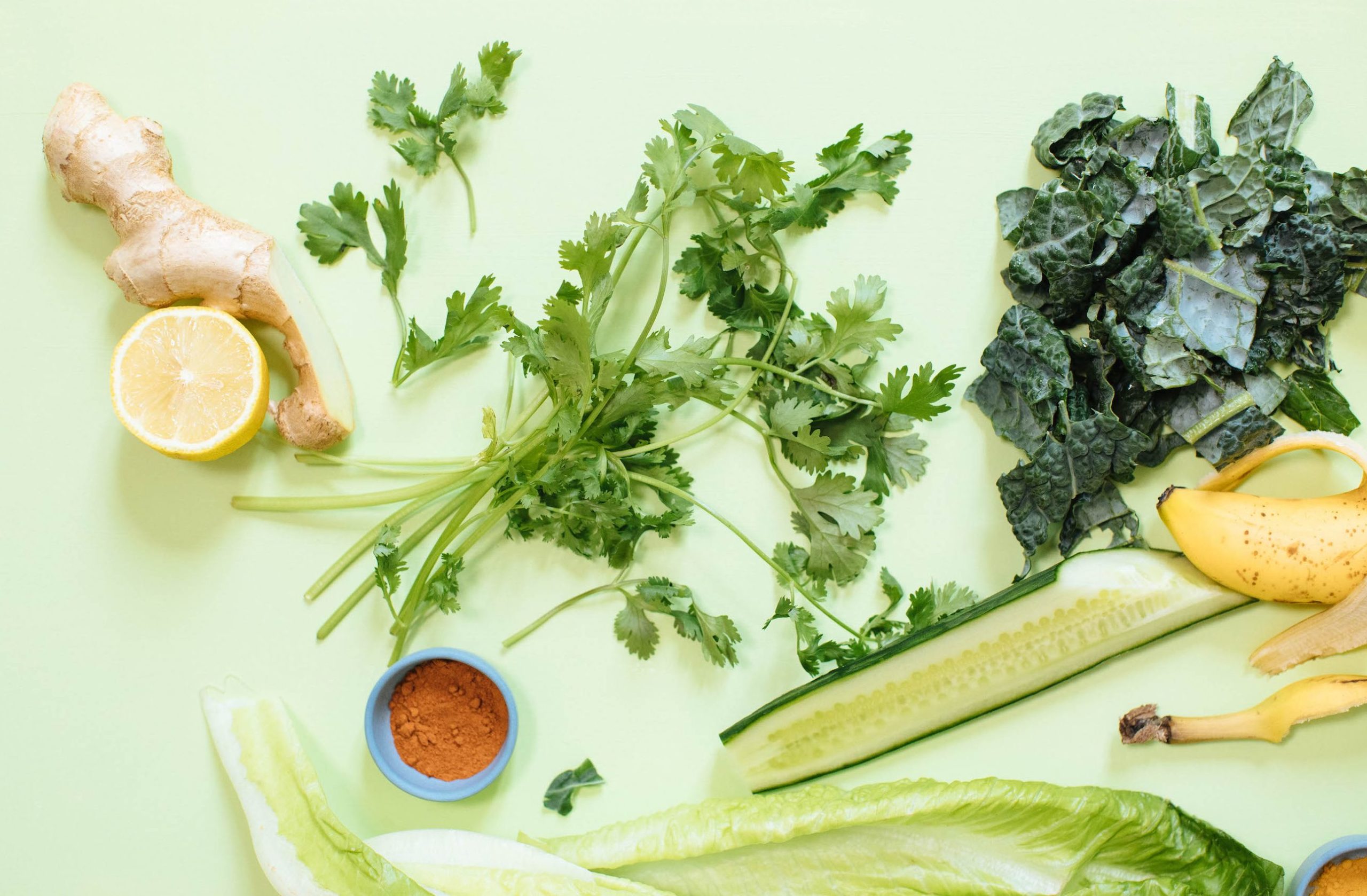The challenge of environmental sustainability is to be able to maintain the natural heritage and productive capacity of the planet despite the economic and social development of human beings.
It is important to solve this problem that is currently known to maintain the well-being of all living beings, including human beings.
It is imperative to stop the degradation of the environment and reduce the ecological footprint that humans leave on the planet, but accompanying it with economic growth, the fight against poverty and the well-being of human beings, hence the importance of promoting activities in their favor.
Environmental sustainability can be considered as a guarantee with the environment, so that the resources taken for development and global productivity are preserved, cared for and, if possible, returned to the environment in some way. In this way, diversity and the environment are maintained over time, through awareness and responsibility and without neglecting human development.
But, we can’t talk about sustainability without considering our food choices. Indeed, opting for healthy, unrefined and mostly plant-based foods is good for our health, but the environment benefits as well. In recent years, we’ve heard more and more about organic farming, short circuits and vegan diets, but these concepts are too often presented as buzzwords and not part of our lifestyle. Yet, if we truly care about the future of our planet, it is essential that we make informed choices when shopping to ensure that we are putting food on our plates that has minimal impact on the environment.
In this section, we will take a closer look at the world of sustainable food through 360°: truly healthy and planet-friendly foods (e.g. legumes), initiatives carried out in different countries or by individual companies in favor of food sustainability, more innovative products to replace animal-based foods (such as meat and eggs) and, finally, a series of tips for a healthy diet.
Why It’s Important to Eat Mindfully

When we buy food and drinks in supermarkets, stores or farmers’ markets, we should always ask ourselves not only if they are good for our health, but also where they come from and what their ecological footprint is. To do this, it is very important to learn to read the labels that can provide us with a series of useful information.
Many of the fruits and vegetables sold in supermarkets, for example, have been treated with pesticides, which can be harmful to our bodies, but which have serious consequences on the ecosystem.
For this reason, the ideal would be to follow seasonality and choose (when possible) organic and zero mileage products to favor small local producers rather than big brands. In addition, to truly eat sustainably, it is essential to reduce the consumption of meat or eliminate it completely from one’s diet.
Today, the meat industry is one of the leading causes of pollution on Earth. Greenhouse gas emissions from intensive livestock farming account for 17% of the European Union’s total, which is more than all the cars and vans on the road combined. And beyond the environmental issue, numerous studies have confirmed that excessive consumption of meat (especially red meat) exposes us to a series of health risks: from increased cholesterol to the appearance of certain diseases, including colon cancer. – right.
Sustainable Foods That Should Be on Your Table
While foods like red meat and salmon are anything but sustainable, there are some that should never be missing from our tables: for example, protein-rich legumes with minimal environmental impact and water footprint (because they use little land, don’t need much water, and can also be grown in drought-prone areas) and fresh vegetables.
In addition to these foods and their health benefits, we take you on a tour of the latest trends in sustainable food products: from vegan boiled eggs made with soy protein to different types of plant-based milk (such as oat or potato milk, recently launched on the market).
